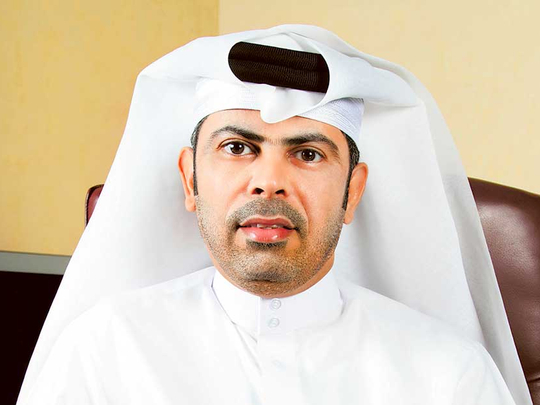
Dubai: Traffic and penal laws are clear and stringent in terms of specifying the liability of drivers with certain medical conditions that could result in accidents, a chief prosecutor told Gulf News.
There is an urgent requirement to differentiate between criminal responsibility and a lack of alertness due to a medical condition, said Prosecutor General Salah Bu Farousha, Dubai’s Chief Traffic Prosecutor and Head of Dubai Traffic Public Prosecution (TPP).
“The Traffic Law and Penal Law in the UAE are very clear. Firstly, we need to determine whether a driver, who suffered a sudden medical problem and caused an accident, was liable or lacked responsiveness at the time. The laws and regulations clearly state that any person has to be fit and appropriately healthy to obtain a licence and to drive … and the traffic authority concerned is the party that decides on that. According to the Traffic Law’s article 18, the licensing authority has the right to suspend, revoke or refuse to renew a licence, the bearer of which is medically unfit to drive,” Bu Farousha told Gulf News on Tuesday.
As part of their investigation, traffic prosecutors usually request a medical report from a driver, whose medical condition causes an accident, he said.
“A driver would be held liable in case the investigation proves that the driver concerned was aware that he or she [despite being sick and could suffer an abrupt medical problem] still decided to drive. A driver could be held liable, as well, if it was proved that he/she was under medication and [due to that] could suffer a sudden medical condition but decides to drive despite that knowledge.
“However, if the investigation proves that the driver lacked proper responsiveness when he/she suffered the unexpected medical condition, then that driver won’t be held liable, according to the Penal Law’s article 60,” said the Prosecutor General.
Article 60 of the aforementioned law stipulates that a suspect is not held criminally responsible if, at the time when the crime happened, he/she lacked complete responsiveness or alertness or was fully unaware of his/her actions. A suspect who was forced to take an alcoholic substance or was administered a medication that caused a form of side-effect and indulged in a crime is not held liable, according to the same article [60].
Meanwhile, if the lack of responsiveness and awareness was partial, according to the same article, the suspect would be treated leniently.
“The laws are clear and nothing is vague … following the usual legal procedures, it is only an investigation that proves whether the suspect could be held liable and tried,” he added.
Meanwhile, advocate Showq Al Katheri said court judges usually tend to treat suspects, who suffer an unexpected medical condition and cause an accident, with bit of leniency.
“A court judge usually takes into consideration all the factors and elements of such cases. Any person might suffer a certain medical condition and be involved in an accident … but eventually, the ruling is based on a judge’s discretion. Mostly when such accidents happen and lead to deaths or injuries, the case is referred to court but a judge treats the suspect with leniency … based on the judge’s discretion, the suspect might get a suspended imprisonment or might be acquitted for lack of criminal intent,” advocate Al Katheri concluded.












